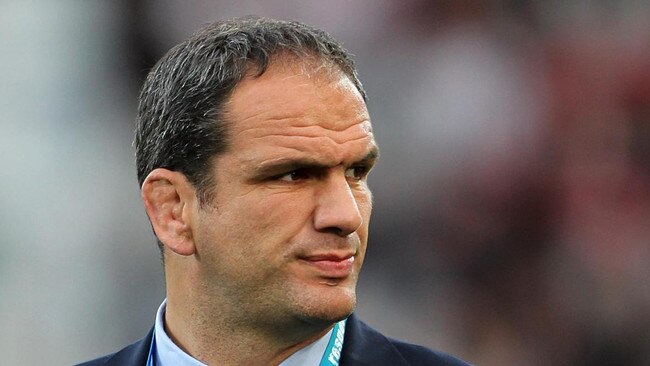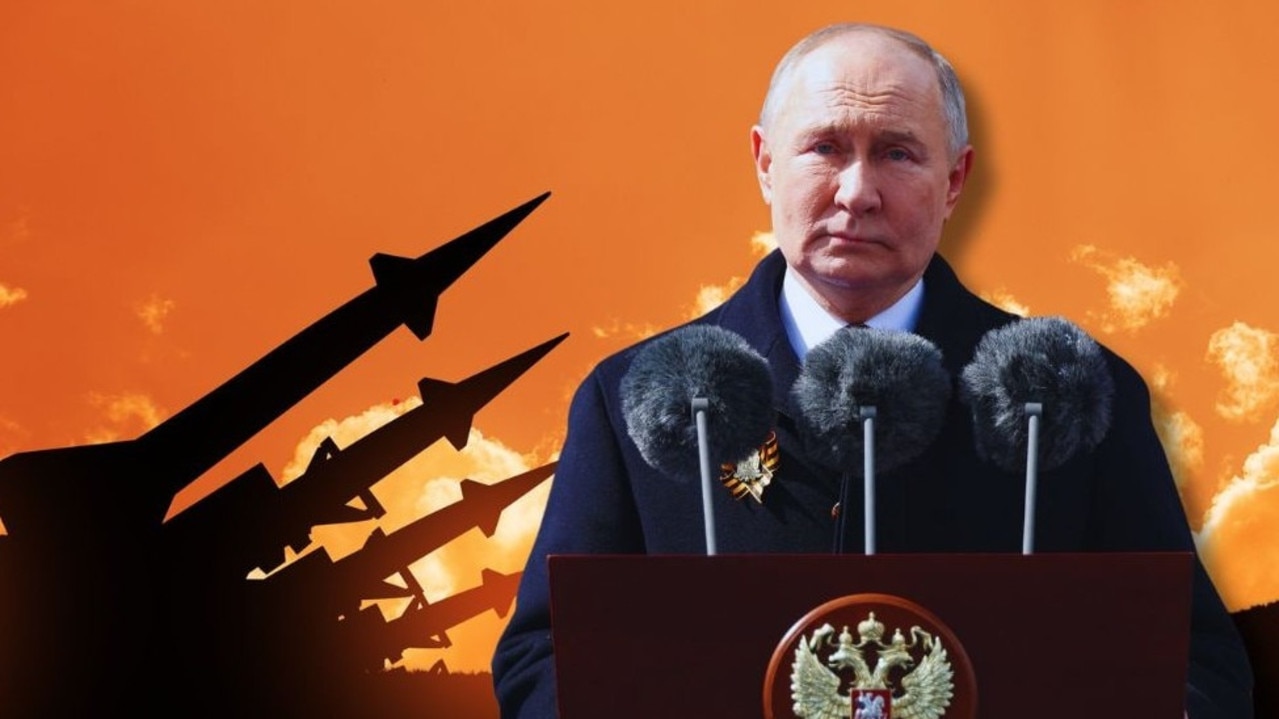Eddie Jones’s robots foil England’s rugby union glory, not private schools
In stirring the pot, England’s rugby union head coach has made some salient points – but the Australian has also revealed his own failings.

Apocryphal, perhaps? But it seems Eddie Jones either doesn’t know or doesn’t think much of the claim put into the Duke of Wellington’s mouth: that Waterloo was won on the playing fields of Eton.
Quite the opposite, if you believe Eddie. Pampered, posh and not up for a fight – public schools are hindering England’s bid for rugby glory.
Public schools have not only produced a large proportion of English rugby players year after year, but also a constant core of British Army officers. Public schooling, rugby union and the military are entwined; there were military marching bands before internationals and full houses for the annual Army versus Navy game at Twickenham until recently.
This summer Exeter Chiefs have been preparing for the new season with the Royal Marines. Before a Calcutta Cup match, way back when, I had the pleasure of a trip to Hereford, the home of the SAS. These were men who could think for themselves but firstly followed orders without question.
Jones has moulded a team adept at the latter, but not the former. He has had followers, but few leaders. He claims the cultural climate existing within the public school system explains England’s decision-making deficit. It comes across as “Not my fault, mate” and justifies his often autocratic ways.
But Eddie is a larrikin. He is part of the dying Australian tradition of disturbers. It’s a game to him: the too-polite English and the rabble-rousing Australian. And yet, he has turned over a stone to reveal something others would rather not see.
In this instance it is not so much the public school system itself as the concept of formality. He said in this week’s interview with Thei: “It’s the formal coaching in a formal setting in public schools.”
Barricades have been manned by the private schools in response to the England head coach’s observations. I spoke to one of the sharpest rugby brains in England, a man with no affiliation to the national team’s camp. He regards the public school matches he sees as little more than small-scale simulations of the professional game.
Education has been monetised and if there are to be private schools specialising in and profiting from rugby, performance has a role to play. The majority of sports fans confuse performance with results. Jones has, himself, been more than happy to conflate the two when it suits.
The data-driven systems that are confused with “professional” coaching squeeze the life out of players, from public school through to the stage where Jones believes it is too late to change them.
He may have a point. His reference to Australian park touch football is a contrast with those theories of formality which freeze out originality; this, conveniently, has resulted in his reluctant dictatorship of the team.

Interestingly, he dismissed England’s 2003 World Cup win as a blip. The triumph of Sir Clive Woodward’s team was anything but – it was, in some ways, the beginning of the end of player power.
Then, players were expected to have a role in planning. (Let’s not call it game management.) Certainly, when they took to the field, responsibility passed exclusively to the likes of Martin Johnson, Lawrence Dallaglio, Neil Back and Matt Dawson; men who grew up expecting to be heard.
Four years later Brian Ashton took the 2007 England team to the final, but the balance between player and coach was changing.
Jones says “the best teams are run by players and the coach facilitates that”. Quite right. But Ashton’s players, with the likes of Dallaglio and Mike Catt facing the dying of their ultra-competitive lights, were unhappy with Ashton asking for player participation at the planning stage. The captain, Phil Vickery, understood and England played their simplified way into the final.

Ashton gave way to Johnson. In New Zealand in 2011, Johnson looked aghast as England’s players were revealed to be the opposite of the independent player he had been. The great man had become divorced from a game where players truly were being cosseted, not by the public school system but rugby’s brave new world of data. If you don’t possess an innate understanding of the game, you can always hide in the face of a laptop.
In 2015 England did as they were told. Stuart Lancaster drilled a team and forgot about player power. The squad praised the management until they were knocked out at the pool stage. Then came the recriminations, such as Billy Vunipola complaining about the Pennyhill Park lockdown.
Why didn’t the players complain earlier? Because they had steadily become the chess pieces to their coach and grandmaster. Jones was liberated to create an outstanding World Cup team who played purely to instruction in 2019. When it worked they were magnificent, but in the final, and afterwards, England’s robotic nature was exposed with interminable spells of mindless kicking.
Nineteen years on from a World Cup where player power drove England to victory against Jones’s Australia, the coach is justifying why he cannot forge a Test team capable of thinking on the hoof.
It’s not only England – the balance between coach and player needs rebooting.
Maybe our youngsters are being route-marched to professionalism. And maybe the system has been excessively driven by individual size, strength and results for too long. That explains the worrying absence of instinct and rugby intelligence.
Blame the schooling if you must, Eddie, but don’t absolve your own style of management.
The Times



